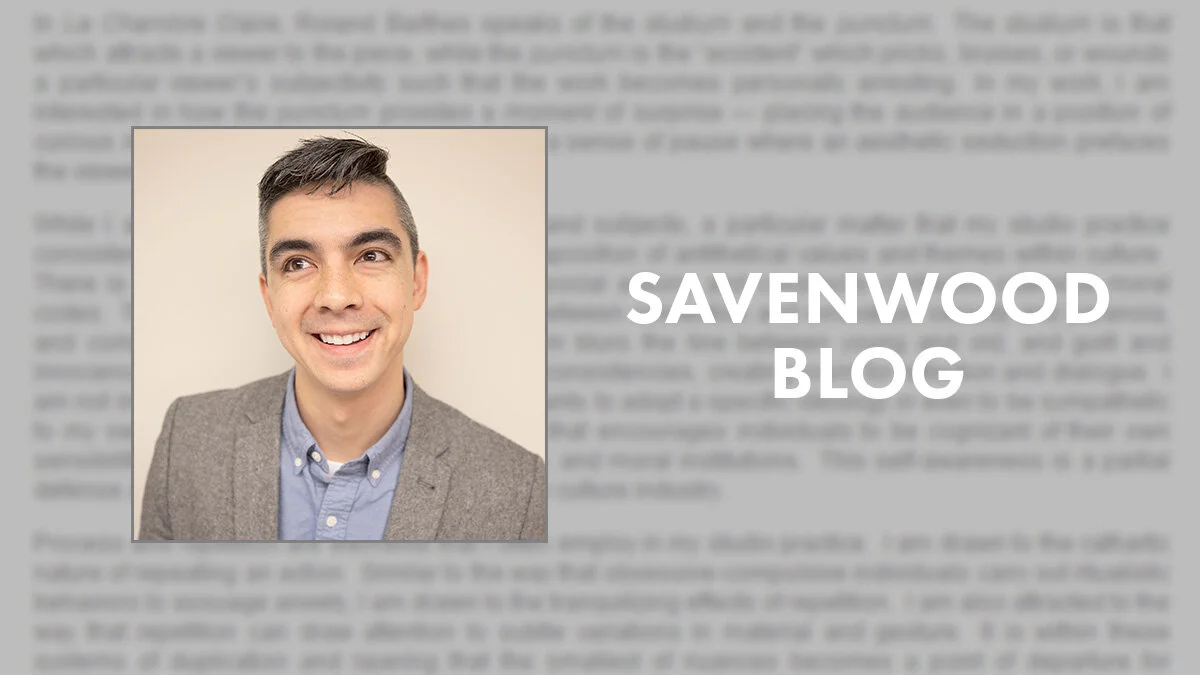I took care of some pressure washing chores yesterday. When I was finished, I began to disassemble the machine for storage.
Despite my best efforts, I couldn’t disconnect the handle from the hose. Hands sore and raw, I went inside to get a pair of locking pliers.
As I began to use the tool, something occurred to me. I pulled the trigger on the washer’s handle and a great burst of water and air shot from the nozzle.
With the pressure released, I could disconnect all the parts easily.
* * *
At times, pressure is useful. But other times, it makes simple tasks unnecessarily difficult.
When things aren’t working out, it’s worth considering the pressure levels. Perhaps there’s not enough to do what’s required. But it’s possible, too, that the real need is for all the pressure to be released.
Worth considering how we go about doing that.

